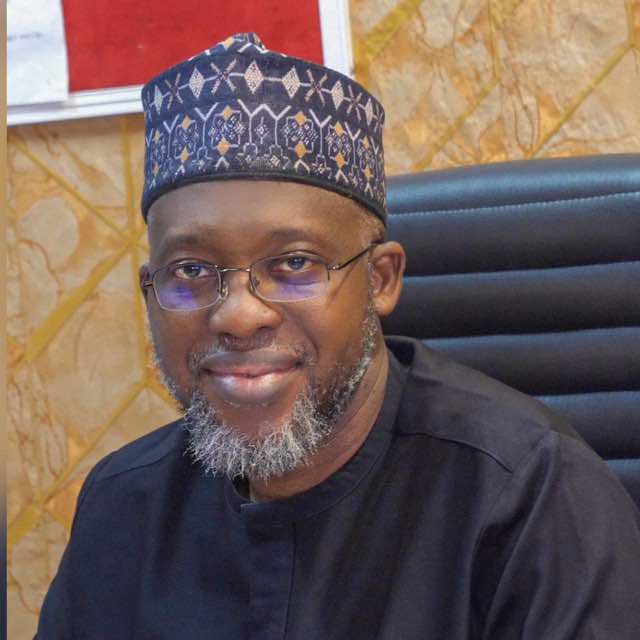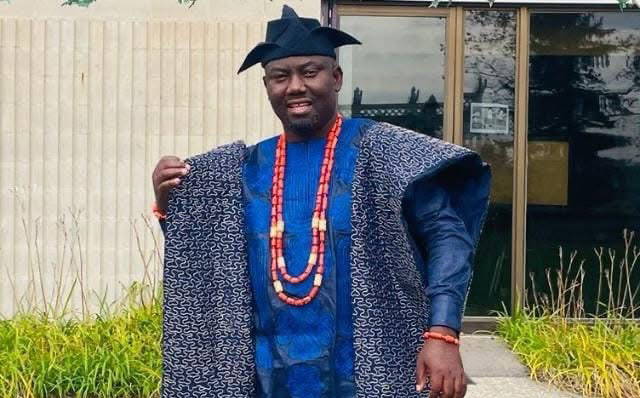Scientists have described the Genetically Modified Organisms (GMOs) as good development but called for thorough scientific scrutiny by concerned agencies in Nigeria before they are allowed into the Nigerian market.
This was the joint resolutions of scientists in academics and industry who converged on the campus of Obafemi Awolowo University, Ile-Ife, Osun State, on Wednesday, for the 9th National Conference on Environment and Health.
The conference brought together stakeholders, practitioners, medical professionals and experts to discuss sustainable development, biodiversity, and bioengineering.
Convener of the conference, Professor Joshua Ojo emphasised the importance of the conference to the development of the environment and health.
“The conference is about the impact the environment has on health and looking at sustainable development.
“In order for development to occur, there has to be balancing in some sections. We recognise the traditional section, social section, and the environment. You can’t develop one aspect at the expense of another, it won’t be sustainable.
” Unfortunately, many people understand the need for economic development, we also see the reason for social networking but people downgrade the environment and it has so much impact on our health”, he said.
He also advised the Government to be careful in terms of making decisions that concerns the food sovereignty in Nigeria, adding that proper research should be done before any new application.
Professor Bamidele Salau, the keynote speaker emphasized that there should be adequate understanding of GMO implications before adoption into Nigeria food system.
“There are worries about GMOs, but their benefits should not be overshadowed. GMOs, like AI in computer science, are here to stay. With population growth, we must invest in and engineer our food production system to cope and GMOs are good ways to go.
“Some concerns regarding GMOs include compatibility with our soil, food systems, and health. We must test GMOs locally to ensure safety. It’s not about blindly adopting foreign solutions.
“Countries are rejecting GMOs due to anticipated health risks, including potential carcinogenic effects. While GMOs don’t directly cause cancer, persistent use may lead to concerns and this can only be prevented through thorough testing and examination by researchers and scientists.
“Engineering genetics is complex. Even at a scientific level, we haven’t fully understood plant genetics, let alone human. Therefore, thorough studies are essential.
“We must test GMOs locally, evaluate its health implication, consider cultural and environmental contexts, balancing benefits and concerns, we can harness GMOs to address food security challenges while addressing valid worries”, he explained.
In his submission, Dr. Niyi Oginni, Chairman of the Organizing Committee, emphasized the importance of caution, stating that the health system in Nigeria is fragile and must be put into consideration when such decisions are to be made.
“Prevention is better than cure. Unregulated GMO commercialization poses detrimental effects on our fragile health system. Our health system is already struggling with incommunicable diseases. Cancer would be an unbearable burden on it. We must ensure that we don’t import more deadly diseases into the system through GMOs.”
Oginni explained that the GMO seeds are unable to replant, even if they redo, they loses features and thereby go into extinction themselves, describing this feature as a great source of concerns.
He also added that they pose potential health risks including cancer, and economic burdens.
Dr Oginni also warned against introducing “suicide seeds” that could compromise Nigeria’s food sovereignty.
“One of the time tested principles that everybody knows is that prevention is better and cheaper than cure. We must prevent, the uncautioned commercialisation of Genetically Modified Organisms (GMO) because of the derititious effects and burden it will add to our already fragile health system.
“The health system is already struggling with incommunicable diseases of different types, now for us to introduce a new set of diseases, cancer will be too much a burden on the health system.
“We prevent by ensuring that we protect our population from exposure to these GMOs, if it’s necessary, they food items must be subjected to thorough testing to ensure that they are safe for consumption. What Biosafety Agency is currently doing is far below expectations,” he stated.
A researcher and Chairman of the event, Professor Stephen Adewusi advised that research centres in tertiary institutions should be empowered in order to rigorously test the GMOs before they are launched and introduced to the Nigerian populace.
The Director General of National Biosafety Management Agency, Dr. Agnes Yemisi Asagbra who spoke on Transgenic Solutions (GMOs) in Food, Human Health and Environment in Nigeria: Safety Considerations.
She was represented at the event by a Director at the Agency.
Advertisement





